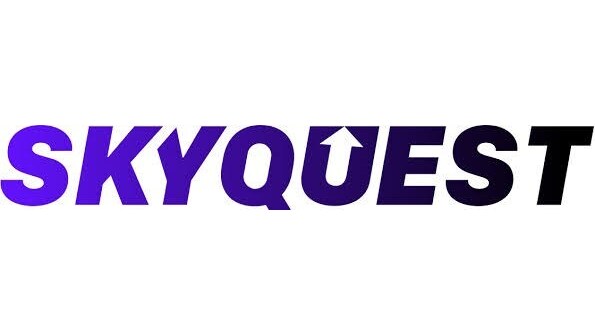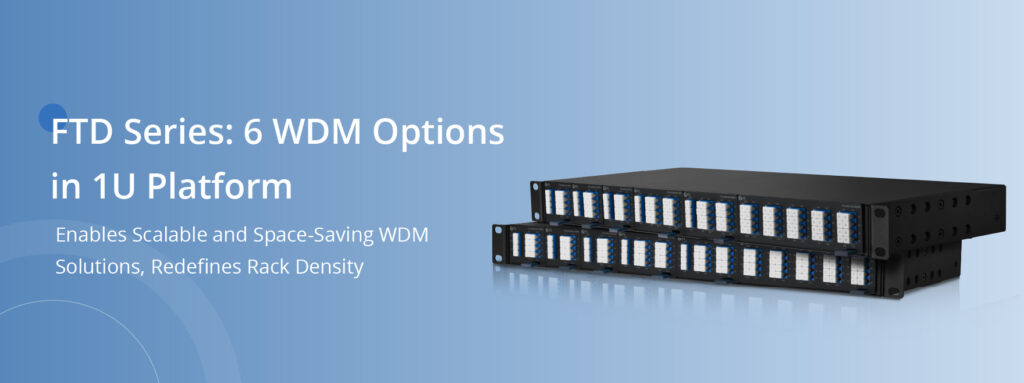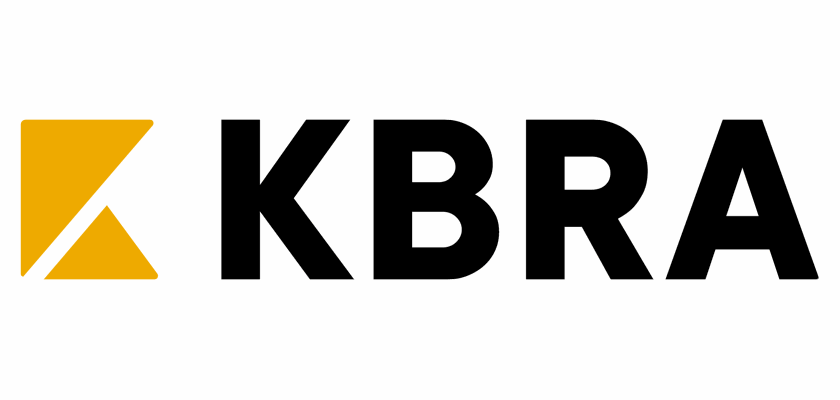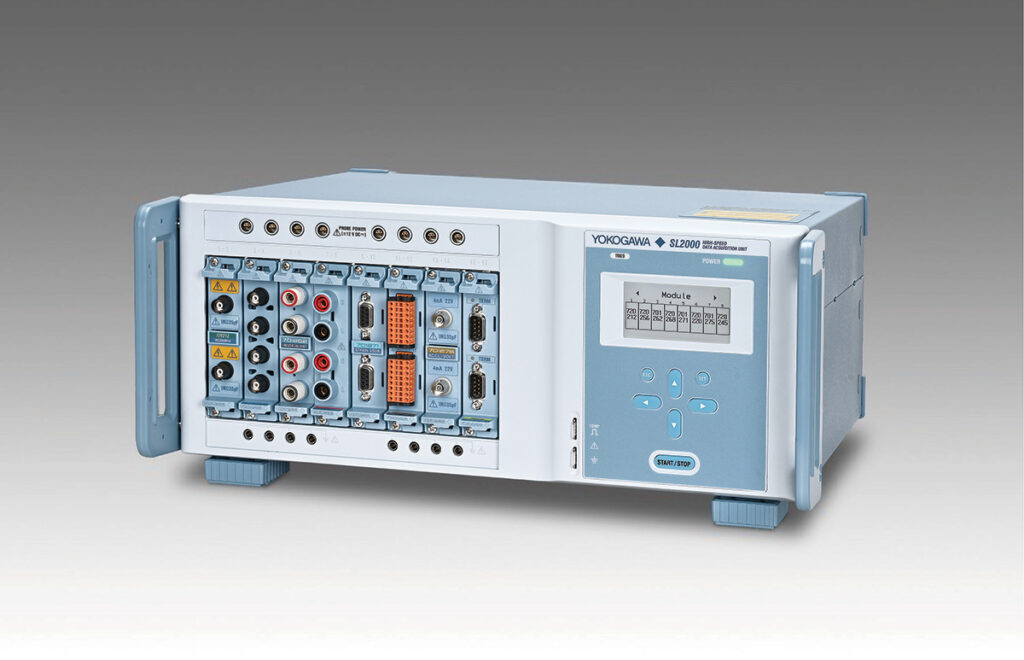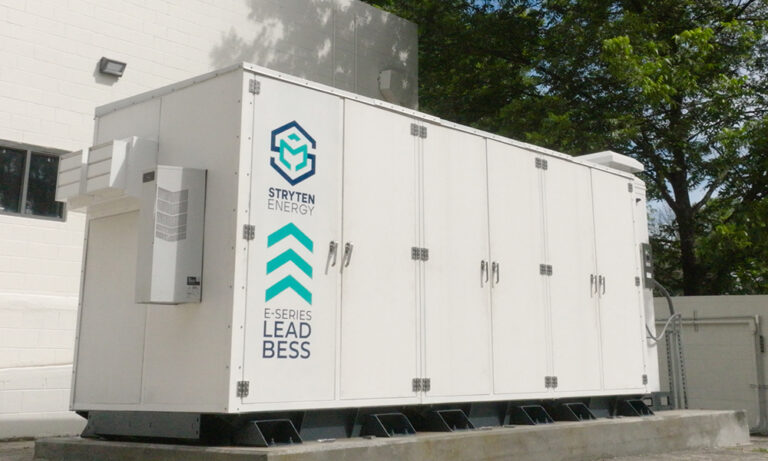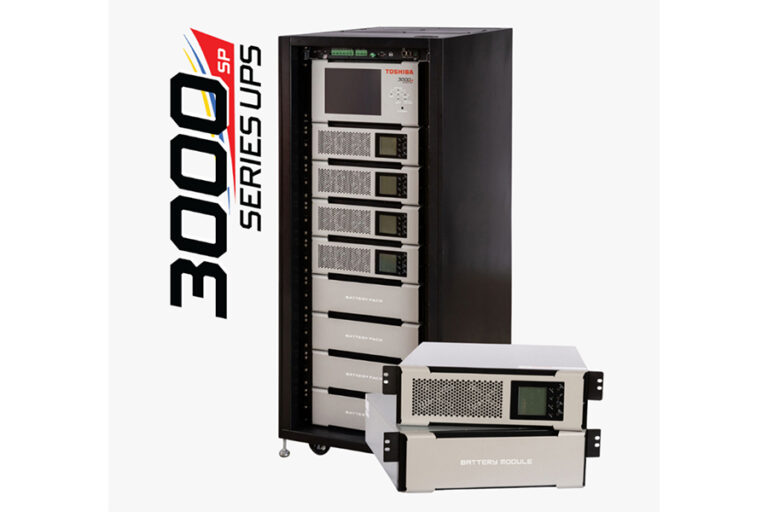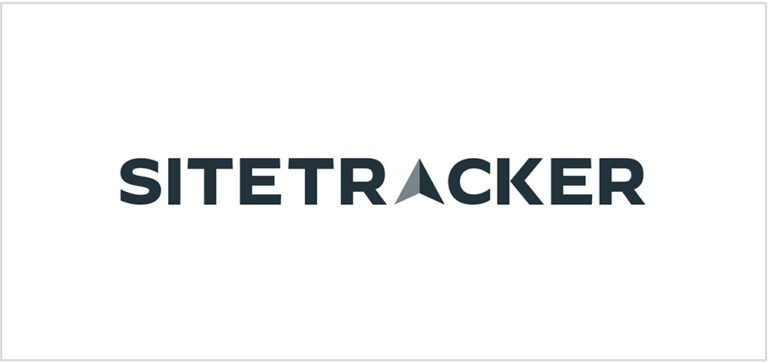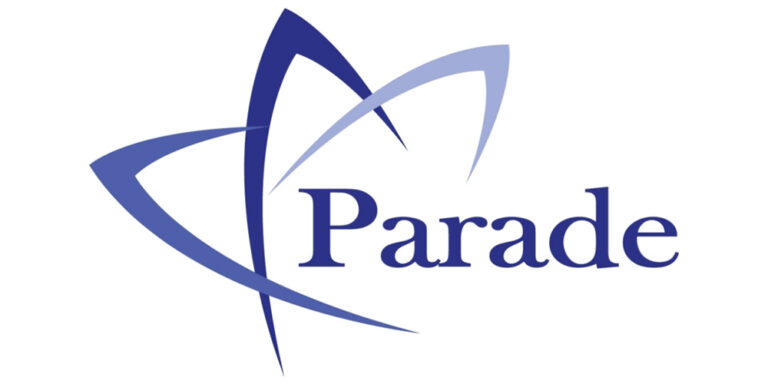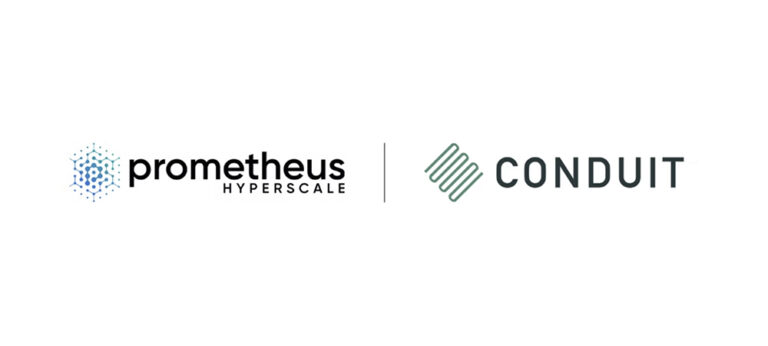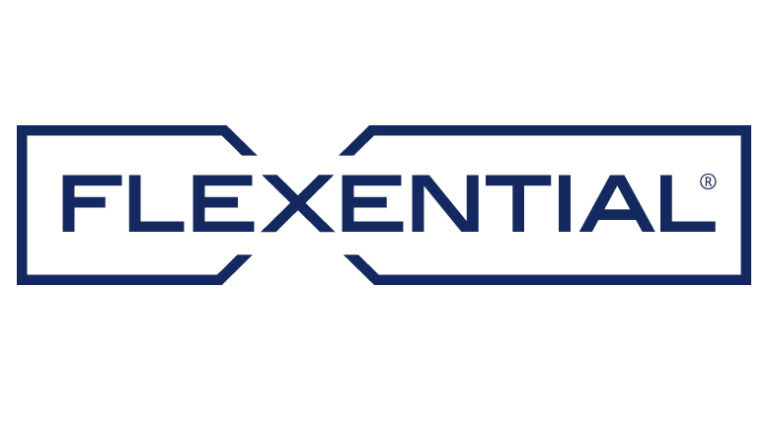SkyQuest Technology Consulting has published a technical market analysis titled “Data Center Liquid Cooling Market – Global Opportunity Analysis and Industry Forecast, 2025-2032.” The report values the data center liquid cooling market at USD 3.62 billion in 2024 and projects growth to USD 19.44 billion by 2032, representing a compound annual growth rate (CAGR) of 23.4 percent. SkyQuest attributes this expansion to the rising adoption of immersion and direct liquid cooling to manage high-density hardware, particularly in hyperscale, public cloud, and high-performance computing data centers.
SkyQuest segments the liquid cooling market by offering (solutions/services), data center type (including enterprise, hyperscale/public cloud, and colocation/managed), data center size, cooling model (rack/row-based versus room-based), infrastructure (including dielectric fluids and synthetic oils), and application (server, storage, and networking cooling). In 2024, solutions for hyperscale and edge data centers drove most growth, with server cooling dominating application share due to the heat profile of dense AI and high-performance computing equipment. Rack/row-based liquid cooling models led due to energy efficiency and effectiveness in high-density setups. Direct sales channels were preferred by large operators, and the IT and telecom sector led vertical segment share, driven by growth of 5G, hyperscale buildout, and data traffic.
SkyQuest highlights technical and operational challenges in broader adoption. These include high upfront infrastructure requirements, such as specialized plumbing and cooling distribution equipment, which can be a barrier for operators with existing facilities or capex constraints.
The competitive landscape features vendors such as Rittal, 3M, Schneider Electric, CoolIT Systems, IBM, Mitsubishi Electric, STULZ, Submer Technologies, and Vertiv. SkyQuest reports that these companies are developing and deploying direct-to-chip and immersion systems designed to enhance thermal management and reduce reliance on air cooling. Regional analysis shows North America is currently the largest market due to hyperscale investment, with Asia-Pacific the fastest-growing region, driven by increased cloud and AI adoption in China, India, Japan, and South Korea.
Source: SkyQuest Technology Consulting


